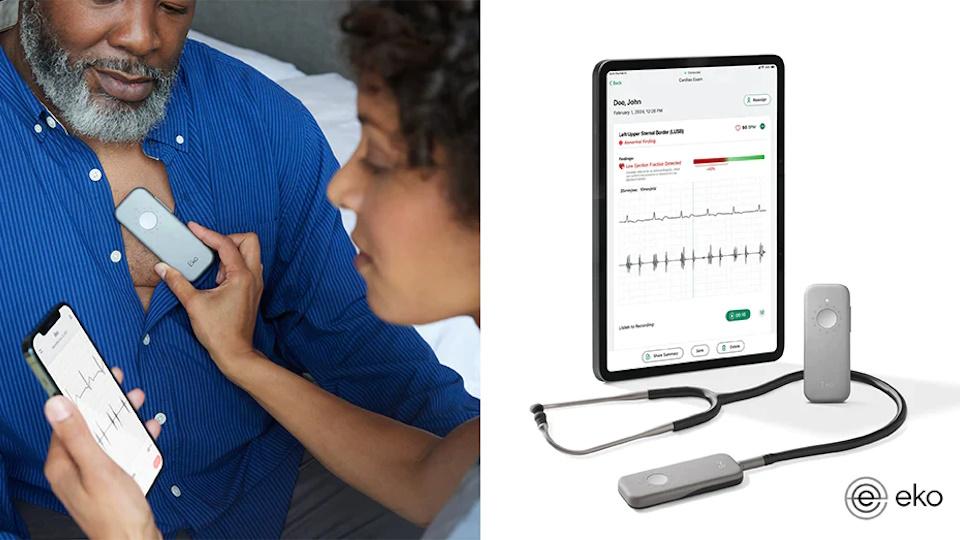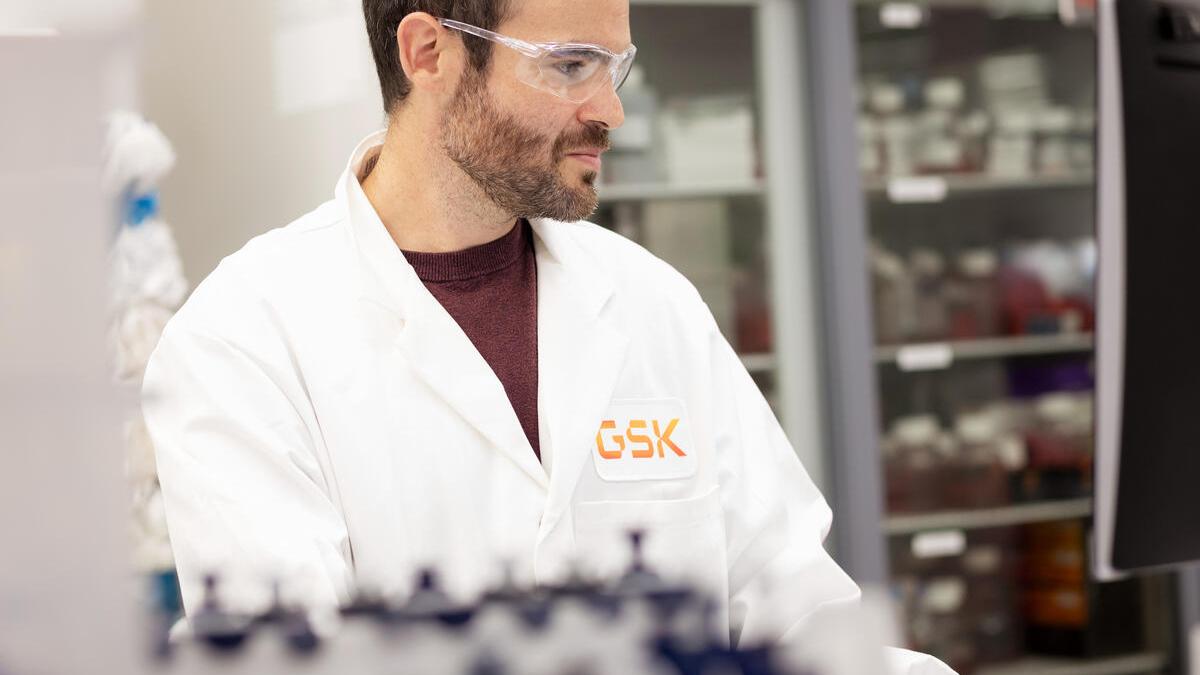FDA clears AI that detects heart failure using a stethoscope

The FDA has cleared an artificial intelligence algorithm that can detect signs of heart failure in seconds using a digital stethoscope during a standard physical exam.
The algorithm was developed by digital stethoscope maker Eko Health in collaboration with the Mayo Clinic. It looks for low ejection fraction (EF), a reduction in outflow of blood from the heart to the aorta, which is present in approximately 50% of heart failure cases.
If LVEF is 40% or less a patient is considered to have heart failure with reduced ejection fraction (HFrEF), sometimes known as systolic heart failure, which generally has to be diagnosed in a hospital setting.
The Low EF AI means that some cases of heart failure could be spotted in primary care, speeding up referral to specialist cardiac care, even if patients don’t have symptoms. Often, current detection methods like electrocardiography aren’t available in primary care as they are costly, require specialist training, and are time-intensive.
“The ability to identify a hidden, potentially life-threatening heart condition using a tool that primary care and subspecialist clinicians are familiar with – the stethoscope – can help us prevent hospitalisations and adverse events,” said Dr Paul Friedman, chair of the department of cardiovascular medicine at the Mayo Clinic, which is an investor in Eko Health.
“Importantly, since a stethoscope is small and portable, this technology can be used in urban and remote locations, and hopefully help address care in underserved areas,” he added.
At the moment, around 80% of heart failure patients are only diagnosed after an emergency hospital admission.
Eko sells a range of digital stethoscopes and already has two FDA-approved AI algorithms for other cardiac features, one for atrial fibrillation (AF) and another for structural murmurs associated with valvular heart disease, which are sold under its Sensora platform.
The Low EF AI was trained on a proprietary dataset of over 100,000 ECGs and echocardiogram pairs from unique patients and was clinically validated in a multi-site, prospective clinical study involving almost 3,500 subjects. It was found to detect EF below 40%, with a sensitivity of around 75% and 77.5% specificity.
A second, independent study of the algorithm conducted by clinicians at Imperial College London in the UK, published in The Lancet Digital Health, showed a sensitivity of 85% and 69.5% specificity.
“The stethoscope, the most recognisable symbol of healthcare, touches the lives of an estimated 1 billion people around the globe every year,” said Connor Landgraf, co-founder and chief executive of Eko Health.
“We’ve transformed the icon of medicine into an AI-powered heart failure early detection tool that can help improve access to care for millions of patients, at a fraction of the time and cost of echocardiography,” he added.













